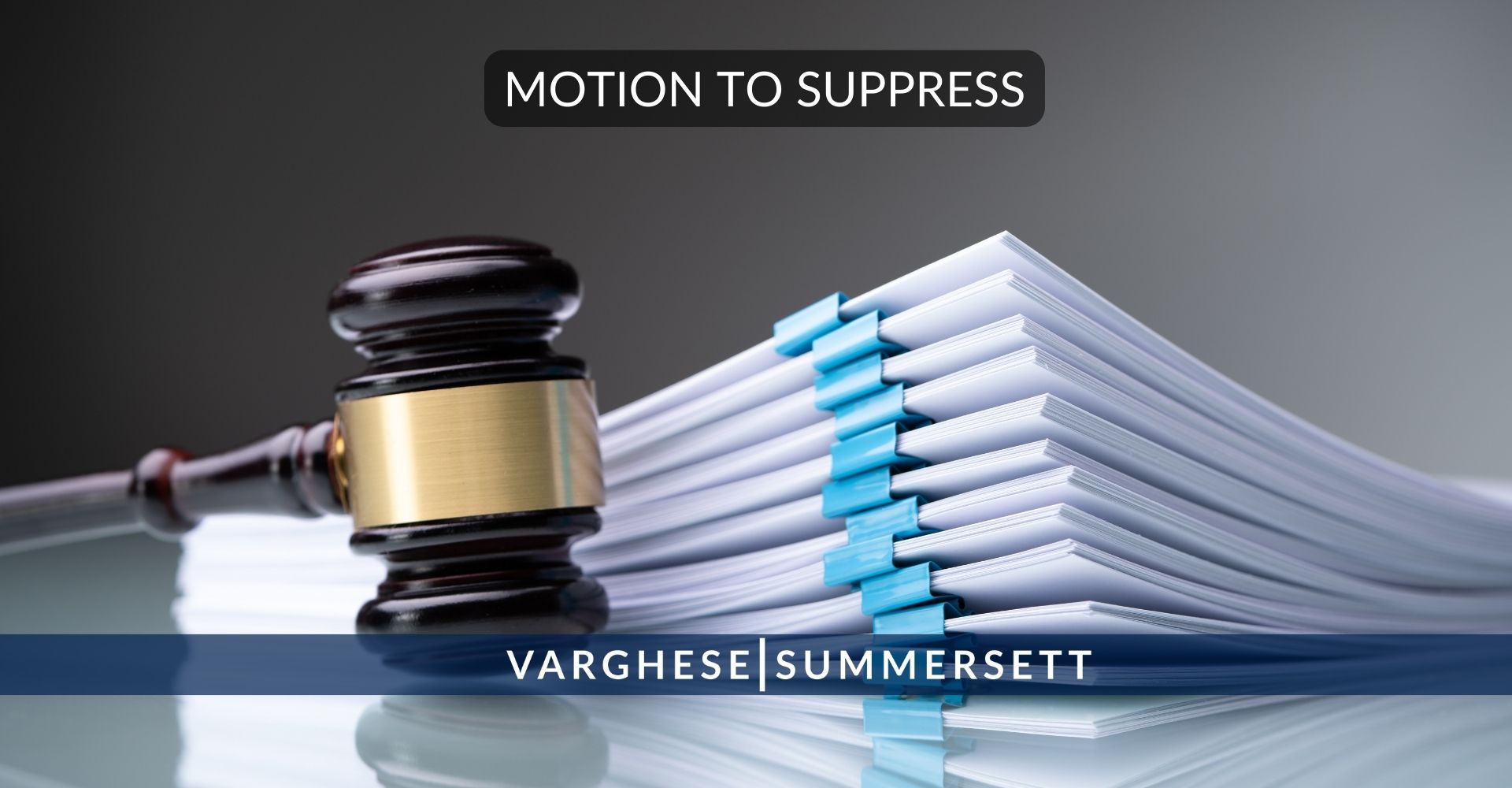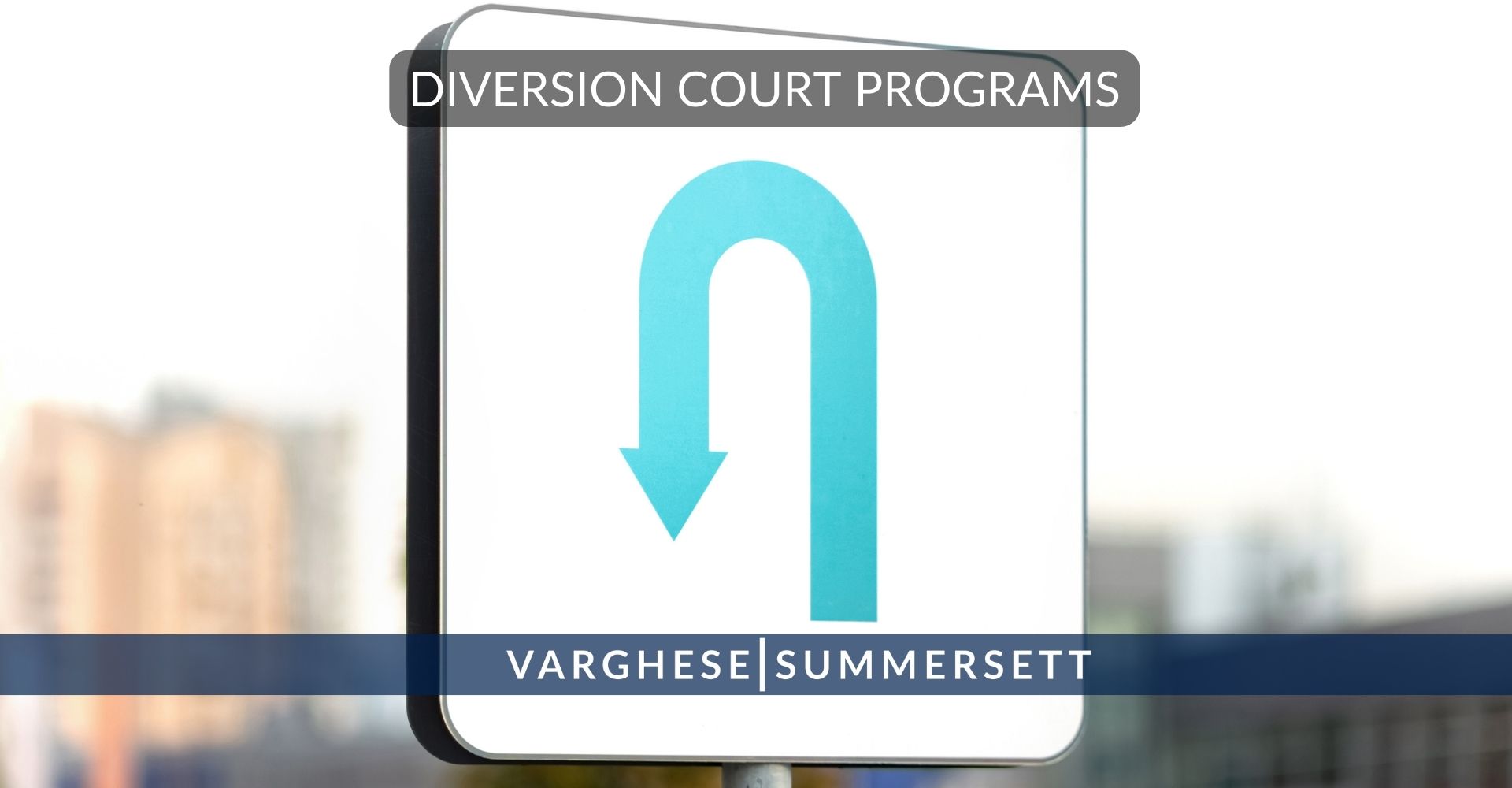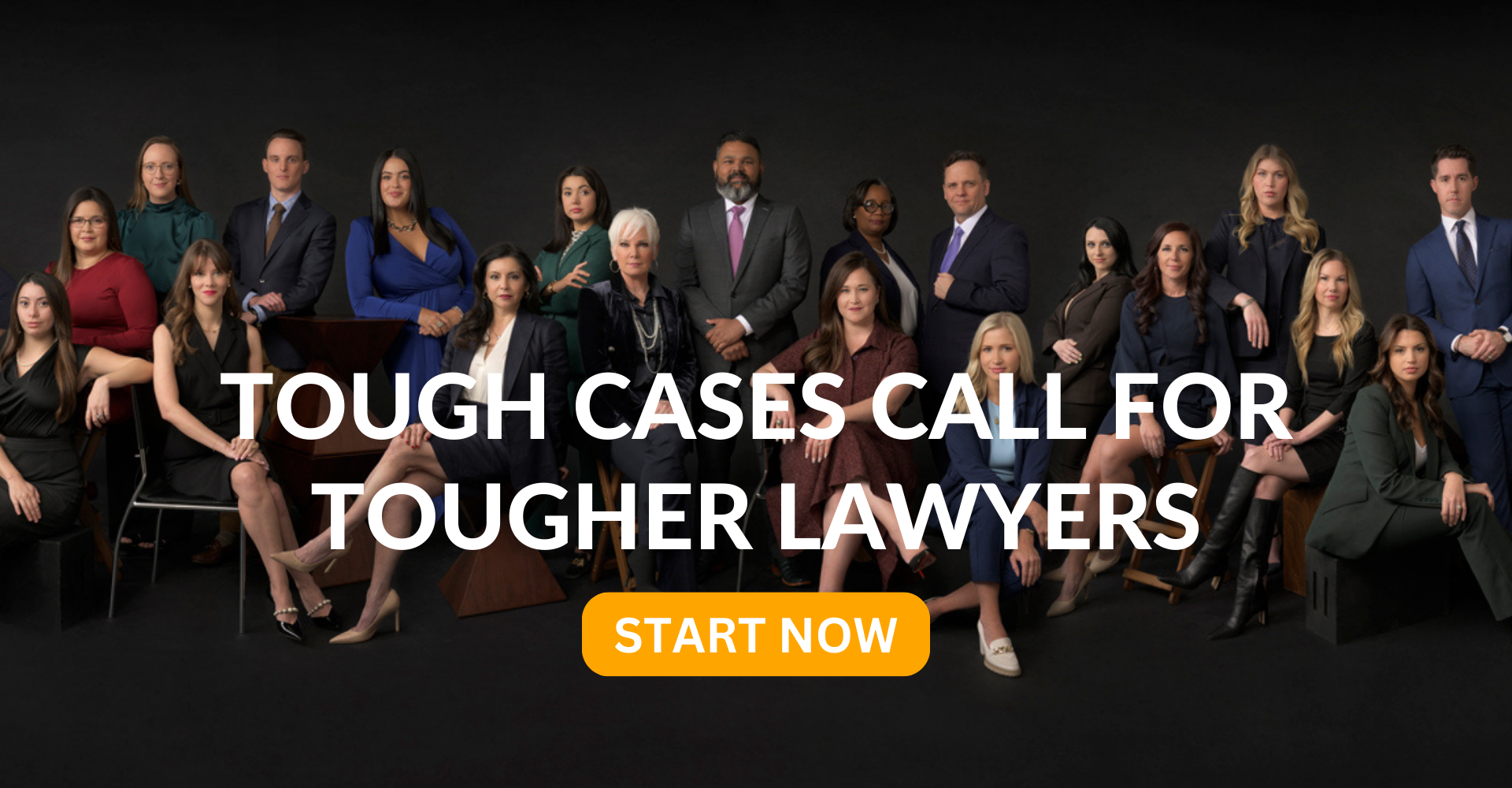How to Get a Drug Possession Charge Dropped in Texas
A common question that comes up for criminal lawyers is whether we can get a drug possession charge dropped. While it is certainly true that prosecutors don’t like dismissing possession of controlled substance charges, the reality is there are many ways a drug case could be dropped. Some of these require the prosecutor’s acquiescence, while others are based on a failure of law enforcement.
Why You Should Listen to Us
Our attorneys have secured dismissals on numerous occasions in every manner described below. While we can’t guarantee every case has the type of weakness or set of circumstances that allow for a dismissal, we can assure you that we are exceptional at finding and leveraging every possible way to get a case dismissed. Further, our attorneys who are Board Certified in Criminal Law are experts in criminal law – a statement that less than 1% of attorneys in Texas can make.

Understanding Drug Possession in Texas
Before delving into dismissal strategies, it’s crucial to understand what constitutes drug possession in Texas. Drug possession in Texas refers to having care of, control over, or ownership of a controlled substance without a valid prescription. This can include illegal drugs like cocaine, heroin, or methamphetamine, as well as prescription medications that are not legally prescribed to you.
Texas classifies controlled substances into penalty groups, with varying punishments based on the type and amount of drug possessed. Penalties can range from misdemeanors for small amounts of less dangerous drugs to felonies for larger quantities or more serious substances.
How to Get a Drug Charged Dropped in Texas
Without further ado, let’s jump right into it. Here are the ways a drug charge might be dismissed in Texas:

Law enforcement must have a valid reason, known as reasonable suspicion, to initiate a traffic stop or detain an individual. If the initial stop was unlawful, any evidence obtained as a result may be suppressed.
For example, if an officer pulls you over without observing any traffic violation or suspicious behavior, the stop could be deemed illegal. In such cases, your attorney may file a motion to suppress any evidence obtained during the unlawful stop, potentially leading to the dismissal of charges.
The Fourth Amendment protects individuals from unreasonable searches and seizures. For a search to be legal, police must either have probable cause, a valid search warrant, or your consent. If the search that led to the discovery of drugs was conducted illegally, the evidence may be inadmissible in court.
Common scenarios of illegal searches include:
- Searching your vehicle without probable cause or consent
- Searching your home without a warrant or exigent circumstances
- Exceeding the scope of a consensual search
If your attorney can prove the search was illegal, they may file a motion to suppress the evidence, which could result in the charges being dropped.
-
Lack of Probable Cause in Search Warrant
Even if the police obtained a search warrant, it might be challenged if:
- The warrant lacked probable cause
- The warrant was not specific enough about the place to be searched or items to be seized
- The warrant was executed improperly (e.g., outside the specified time frame)
If the search warrant is found to be invalid, any evidence obtained through its execution may be suppressed.
Sometimes, law enforcement officers may include false information in an affidavit to obtain a search warrant. If your attorney suspects this has occurred, they can request a Franks hearing.
Named after the U.S. Supreme Court case Franks v. Delaware, a Franks hearing allows the defense to challenge the truthfulness of statements made in the search warrant affidavit. If the defense can prove that the officer knowingly and intentionally, or with reckless disregard for the truth, included false statements in the affidavit, and that without these false statements, the affidavit would not support probable cause, the evidence obtained from the warrant may be suppressed.

A motion to suppress is a formal request to the court to exclude certain evidence from trial. This motion can be based on any of the reasons mentioned above, including an illegal stop, an unlawful search, or an invalid search warrant.
If the motion to suppress is granted and crucial evidence is excluded, the prosecution may be left with insufficient evidence to proceed with the case, often resulting in dismissal of charges.
Field tests used by law enforcement to identify suspected illegal substances are known as presumptive tests. These tests can sometimes produce false positives, mistakenly identifying legal substances as illegal drugs. A presumptive test only indicates the possible presence of a particular substance. It is not conclusive and requires further testing in a laboratory for confirmation. Lab reports provide a more thorough and accurate analysis of the substance in question.
If a lab report contradicts the results of a presumptive test, showing that the substance in question is not actually an illegal drug, this could lead to the charges being dropped. We have also had instances where retesting the drugs showed a flaw in testing, an assumption made, or the weight of the drug. It’s crucial for your attorney to carefully review all lab reports and compare them to the initial presumptive test results.
The Miranda warning is a crucial aspect of police procedure. If you are in custody and being interrogated, law enforcement must inform you of your right to remain silent and your right to an attorney. If they fail to do so and you make incriminating statements, those statements may be inadmissible in court.
Your attorney can file a motion to suppress any statements made while in custody if you were not properly Mirandized. If these statements were crucial to the prosecution’s case, their suppression could lead to the charges being dropped.

Many jurisdictions in Texas offer diversion programs for first-time offenders or those charged with minor drug offenses. These programs aim to rehabilitate individuals rather than punish them. Examples include:
- Drug Court Programs: Intensive supervision and treatment programs that may last 12-18 months.
- First Offender Programs: Designed for individuals with no prior criminal history, often involving drug education and counseling.
- Pretrial Diversion: Allows defendants to complete certain requirements in exchange for having charges dismissed.
Successfully completing a diversion program often results in the charges being dismissed and, in some cases, the opportunity to have the arrest record expunged.
Specific Drug Diversion Programs in Dallas and Tarrant Counties
For those facing drug possession charges in the Dallas-Fort Worth metroplex, there are several diversion programs available in Dallas and Tarrant counties. These programs offer alternatives to traditional prosecution and can lead to charges being dropped upon successful completion. Here’s a list of known drug diversion programs in these counties:
Dallas County Drug Diversion Programs
- DIVERT Court (Dallas Initiative for Diversion and Expedited Rehabilitation and Treatment):
- This program is designed for non-violent offenders with substance abuse issues.
- It typically lasts 12-18 months and includes intensive supervision, treatment, and counseling.
- AIM (Achieve Inspire Motivate) Court:
- Focused on young adult offenders (ages 17-25) with substance abuse problems.
- Provides substance abuse treatment, education, and job training.
- STAR (Strengthening, Transition and Recovery) Court:
- Specifically for women with substance abuse issues who have been victims of prostitution or sex trafficking.
- Offers comprehensive services including addiction treatment, trauma counseling, and life skills training.
- First Offender Drug Program:
- Available for first-time, non-violent drug offenders.
- Typically involves drug education classes and community service.
Tarrant County Drug Diversion Programs
- Tarrant County Drug Impact Rehabilitation Enhanced Comprehensive Treatment (DIRECT):
- A post-adjudication program for non-violent offenders with substance abuse issues.
- Provides intensive supervision and treatment over 18-24 months.
- Tarrant County First Offender Drug Program:
- Available for first-time, non-violent drug offenders.
- Typically involves drug education, counseling, and community service.
- Mental Health Diversion Program:
- While not exclusively for drug offenses, this program may be available for those with co-occurring mental health and substance abuse issues.
- Provides mental health treatment and substance abuse counseling.
- Veterans Court Program:
- Available for veterans with substance abuse or mental health issues.
- Offers treatment, counseling, and support services tailored to veterans’ needs.
It’s important to note that eligibility for these programs can vary based on factors such as the specific charges, criminal history, and the discretion of prosecutors and judges. Additionally, program availability and details may change over time, so it’s crucial to consult with a local attorney for the most up-to-date information.
While less common, especially for felony cases, conditional dismissals may be available for misdemeanor first-time offenses. These agreements typically involve the defendant meeting certain conditions set by the prosecutor, such as:
- Completing community service
- Attending drug education classes
- Submitting to regular drug tests
- Staying out of trouble for a specified period
If all conditions are met, the charges are dismissed. However, it’s important to note that these arrangements are more likely to be offered for minor, first-time offenses and are at the discretion of the prosecutor.
Why Who You Hire Matters

When facing drug possession charges in Texas, the attorney you choose can significantly impact the outcome of your case. Here’s why:
Experience
At Varghese Summersett, our experienced criminal defense attorneys focus on drug cases and are intimately familiar with local courts and procedures. We know the best strategies for each specific situation and how to navigate the complexities of the Texas legal system.
Past Results
Our track record of successfully defending drug possession cases demonstrates our ability to achieve favorable outcomes. This is also reflected in to 1,000+ 5-Star reviews we’ve obtained.
Ability to Spot Issues
Our skilled attorneys can identify potential legal issues that could lead to dismissal or reduction of charges. This includes recognizing illegal searches, procedural errors, or constitutional violations that a less experienced lawyer might overlook.
Negotiation Skills
Many drug possession cases are resolved through plea bargains or negotiations with prosecutors. Our attorneys have strong negotiation skills and may be able to secure a better deal, such as reduced charges or alternative sentencing options.
Knowledge of Current Laws and Trends
Drug laws and enforcement policies can change. Our attorneys stay current with legal trends and changes in drug policy to build an effective defense strategy.
Resource Network
At Varghese Summersett, we have a network of expert witnesses, private investigators, and other professionals we can call upon to strengthen your defense when necessary.
Understanding of Diversion Programs
Our knowledgeable attorneys are familiar with all available diversion programs and can advocate for your participation in these alternatives to traditional prosecution.

Facing a Drug Possession Charge? Contact Us.
While facing drug possession charges in Texas can be daunting, there are numerous strategies and legal avenues that could potentially lead to having the charges dropped or dismissed. From challenging the legality of the stop or search to pursuing diversion programs or conditional dismissals, our experienced criminal defense attorneys can navigate these options and work towards the best possible outcome for your case.
Remember, each case is unique, and the success of these strategies depends on the specific circumstances of your situation. If you’re facing drug possession charges in Texas, it’s crucial to consult with a qualified criminal defense attorney as soon as possible to explore your options and begin building your defense. We can help. Call 817-203-2220 for a consultation with a seasoned drug possession lawyer.